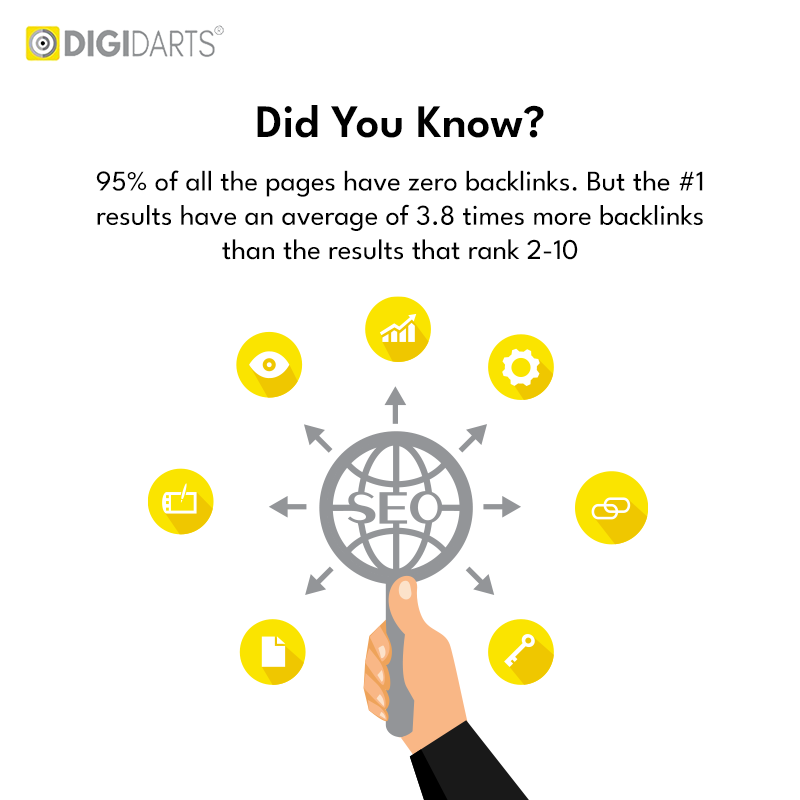In the ever-changing world of a digital marketing agency in India, the future of SEO is always undergoing a massive transformation. Since the inception of digital marketing, Google has always placed a strong emphasis on the importance of Experience, Expertise, Authoritativeness, and Trustworthiness (E-E-A-T) in promoting the creation of ethical and high-quality content that brands leverage over the internet. This evolution is marked by a shift towards a more user-centric, ethical, and technically advanced approach. Understanding the key trends shaping this future can empower businesses to not only rank higher but also to generate more traffic and connect with a broader audience.

1. Google's Search Generative Experience Helps Enhancing User Interactions By Delivering Clear And Concise Answers To Search Queries
The first notable trend is Google's Search Generative Experience (SGE). This AI-powered search experience represents a departure from traditional search engines, providing AI-generated results at the top of Search Engine Results Pages (SERPs). Unlike chatbots, SGE enhances user interactions by delivering clear and concise answers to search queries, incorporating relevant visuals and adopting a more conversational engagement model. As Google evolves into a more conversational assistant, businesses need to adapt their content strategy to align with this user-friendly search experience.
While it is currently available to a limited audience in the U.S., the widespread adoption of SGE signals a move towards a more interactive and anticipatory search experience. Businesses are investing heavily in this technology, reflecting the market's valuation of nearly 100 billion U.S. dollars, with expectations to soar to two trillion U.S. dollars by 2030. Although it's premature to define a definitive optimization strategy, focusing on content that directly addresses user queries is a prudent approach.
2. Zero-click searches is set to be a challenge in 2024
Next, the rise of zero-click searches poses a new challenge for SEO practitioners. With 57% of mobile and a quarter of desktop searches resulting in zero clicks, users are obtaining information directly from SERPs without clicking on any organic or paid results. This shift is driven by enhanced SERP features like knowledge panels, local packs, and direct conversion tools, which satisfy user intent instantly. To adapt to this trend, businesses can target featured snippets, securing "position zero" to increase brand visibility and recognition.
3. Answer Engine Optimization Aides In Optimizing Content For Answer Engines
Answer Engine Optimization (AEO) emerges as a crucial strategy in response to the growing influence of AI and chatbots. AEO involves optimizing content for answer engines, which are typically AI-powered technologies providing immediate responses to conversational queries. With users increasingly seeking instant answers, businesses should prioritize creating clear, concise content structured around key questions. This involves incorporating FAQs, identifying conversational keywords, and utilizing schema markup to enhance visibility in AI-generated responses.
4. Focus On Topical Authority For Demonstrating Expertise
Topical authority is gaining prominence in the SEO landscape. Search engines, particularly Google, prioritize content that demonstrates expertise on a specific topic, known as topical authority. To establish topical authority, businesses should create comprehensive, high-quality content across a specific niche, building a deep catalog of related topics. Employing a topic cluster strategy, where thematically related pages are interlinked, enhances content discoverability and reinforces the brand's authority.
5. Video Seo For Better Audience Engagement
Lastly, the surge in video consumption presents a significant opportunity for SEO. With the number of digital video viewers expected to reach 3.5 billion by 2023, businesses can leverage video content to engage audiences effectively. A robust video SEO strategy involves keyword research, compelling thumbnail design, accessibility through transcripts, and metadata optimization. This ensures that businesses stand out in a crowded video landscape and resonate with their target audience.
A Final Sum Up
In conclusion, the future of SEO is dynamic and multifaceted for a performance based digital marketing company. Embracing a user-centric approach, optimizing for evolving search experiences, and prioritizing ethical content creation are essential components of a successful SEO strategy. Businesses that adapt to these trends, focusing on conversational content, featured snippets, AEO, topical authority, and video SEO, will be well-positioned to thrive in the ever-evolving digital landscape. As technology continues to shape the SEO landscape, staying informed and agile will be key to maintaining a competitive edge in the online marketplace.

















